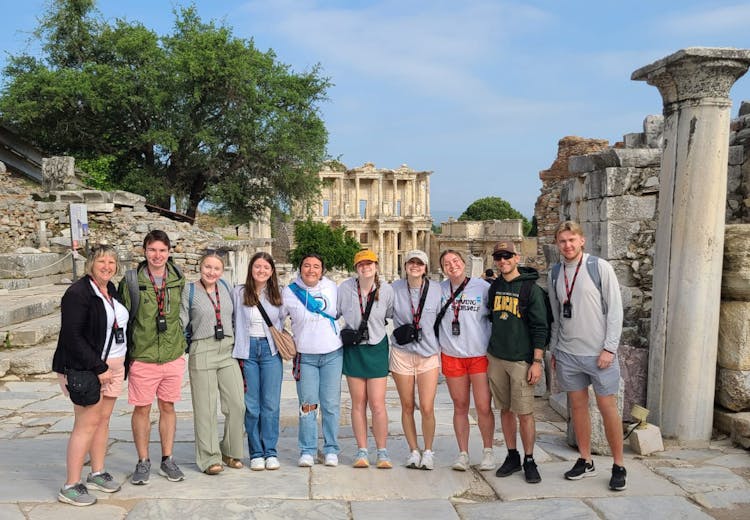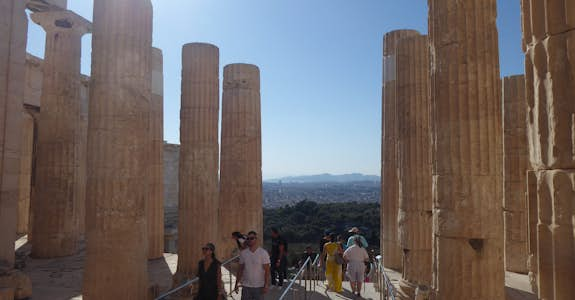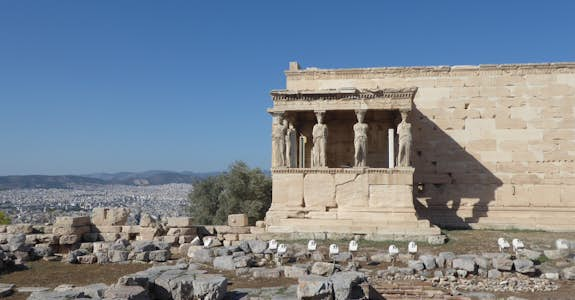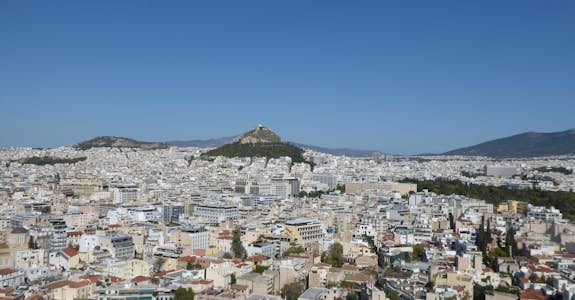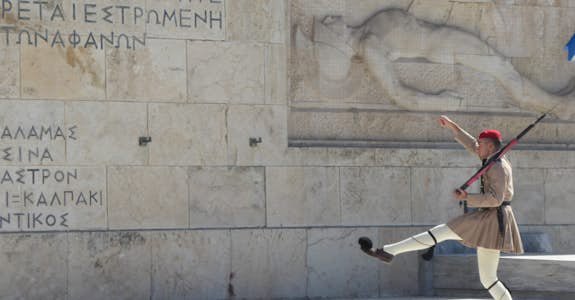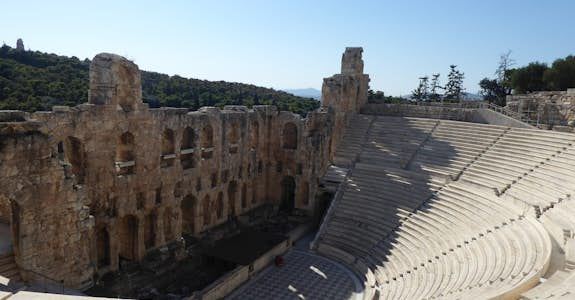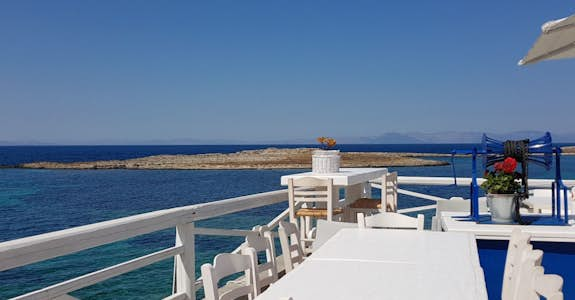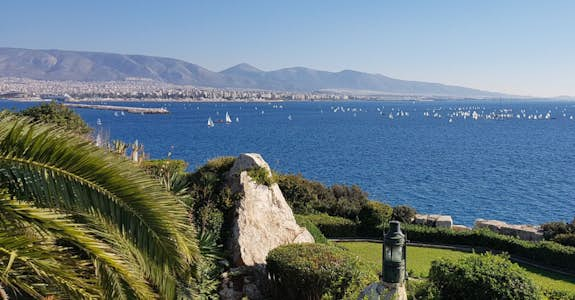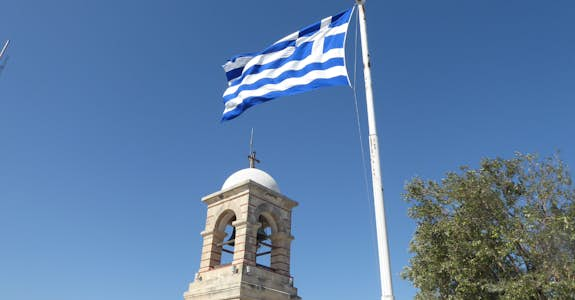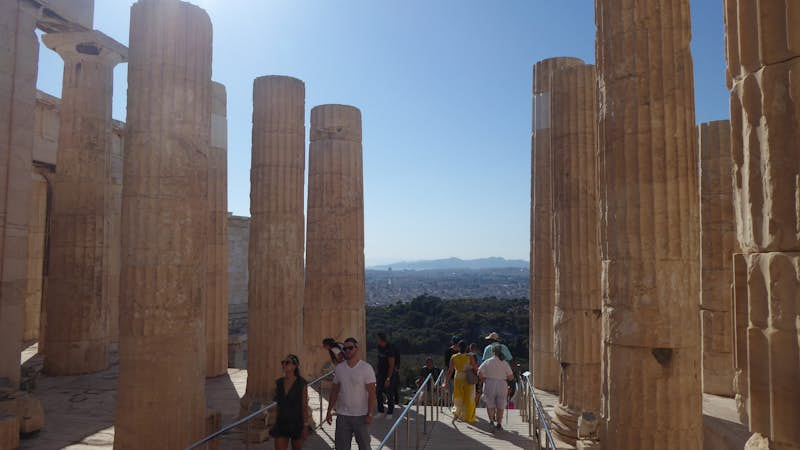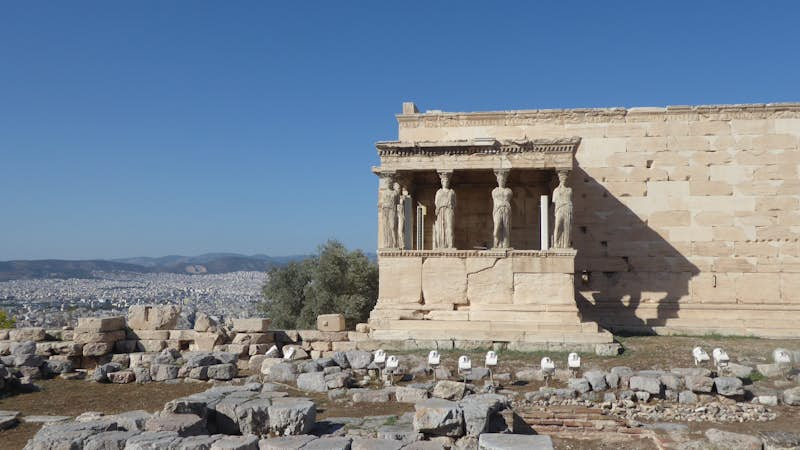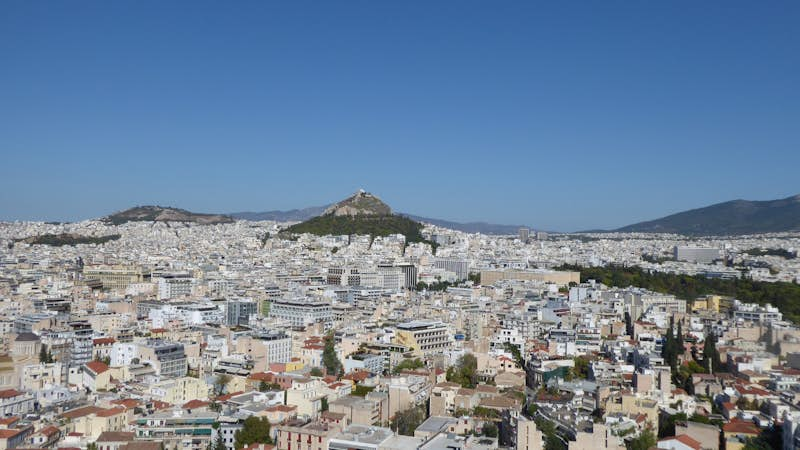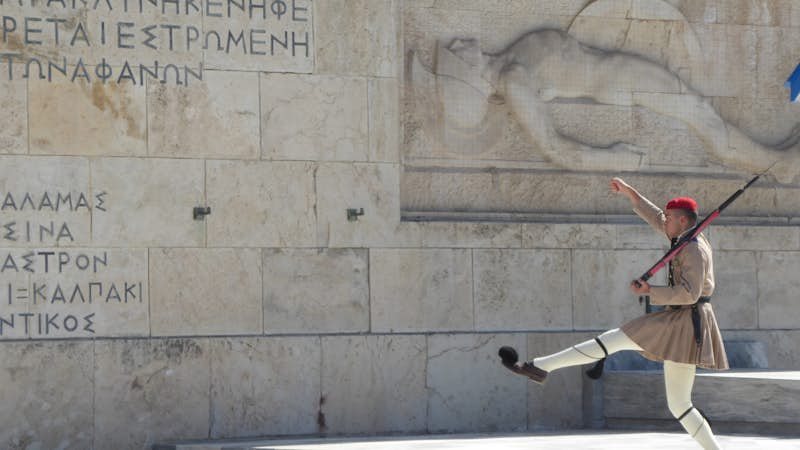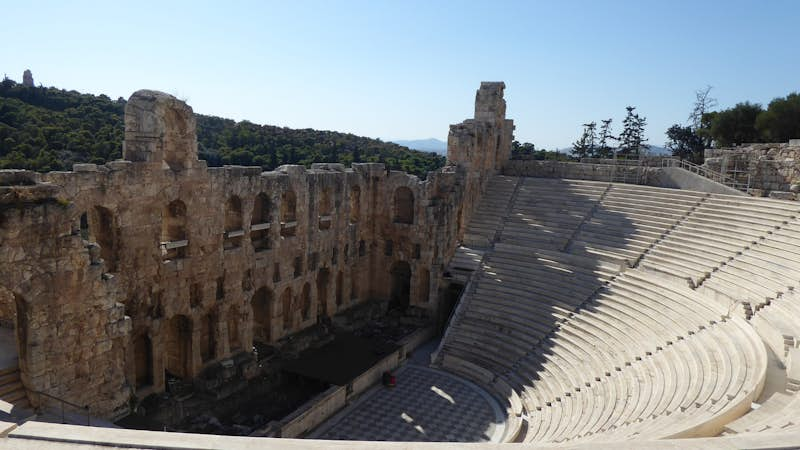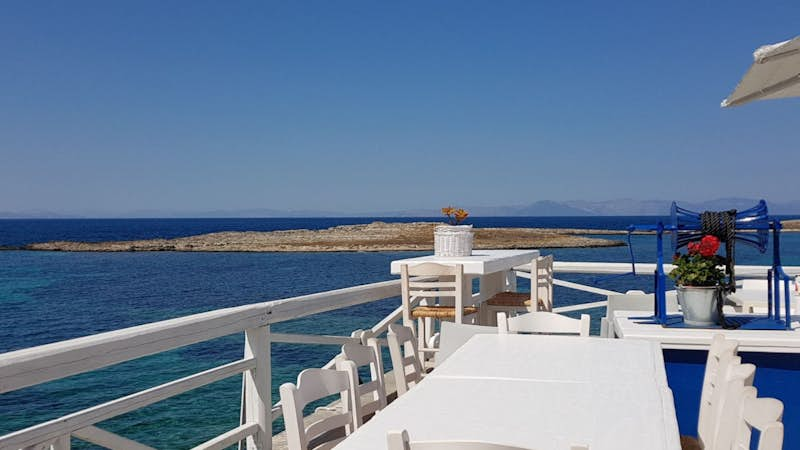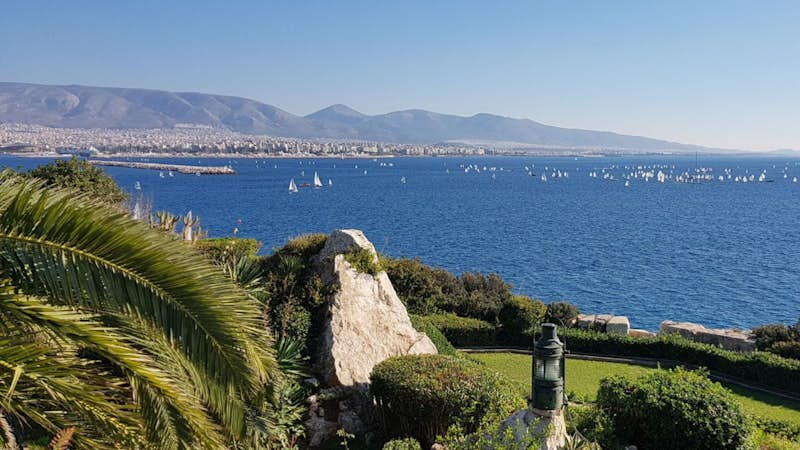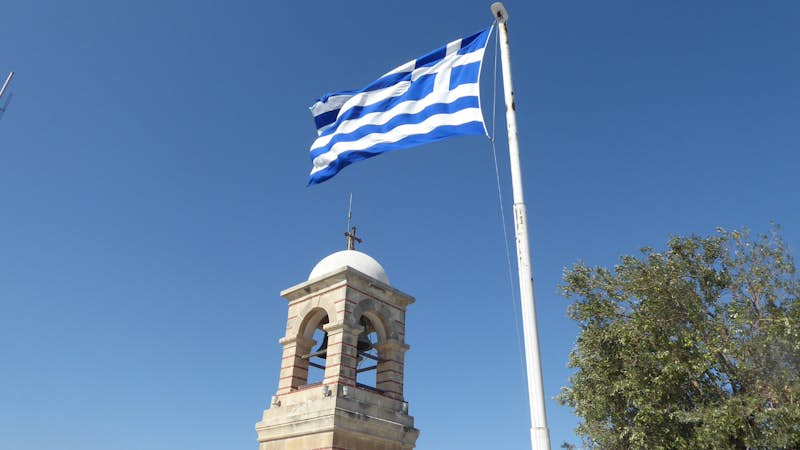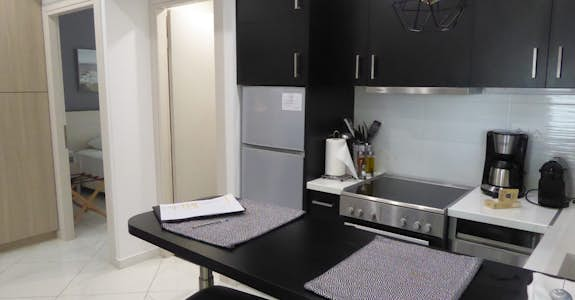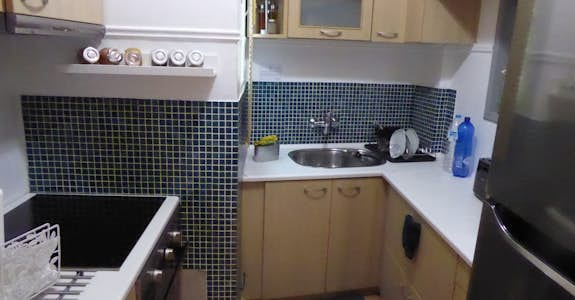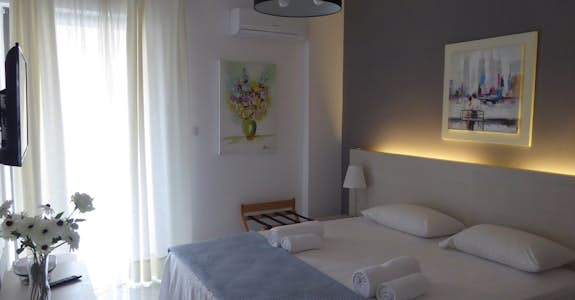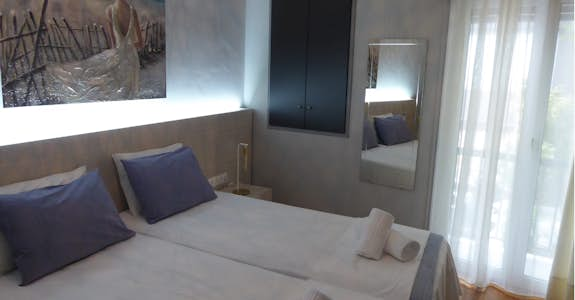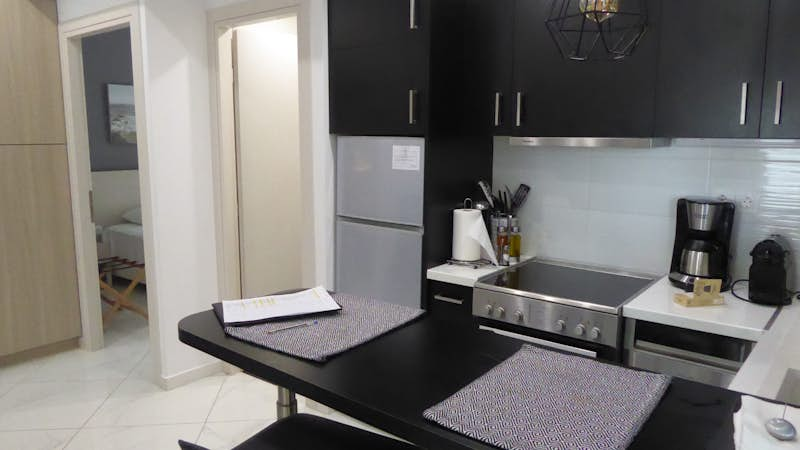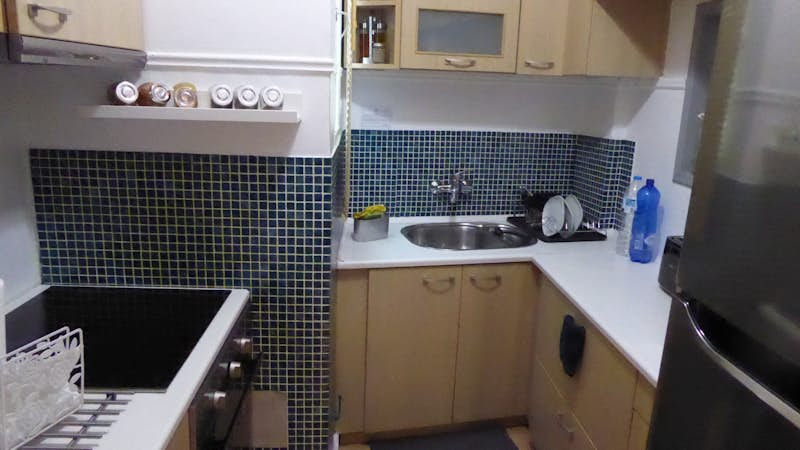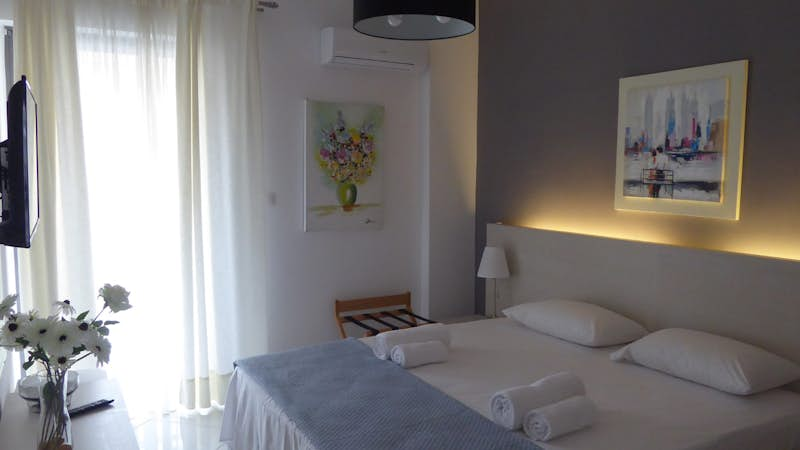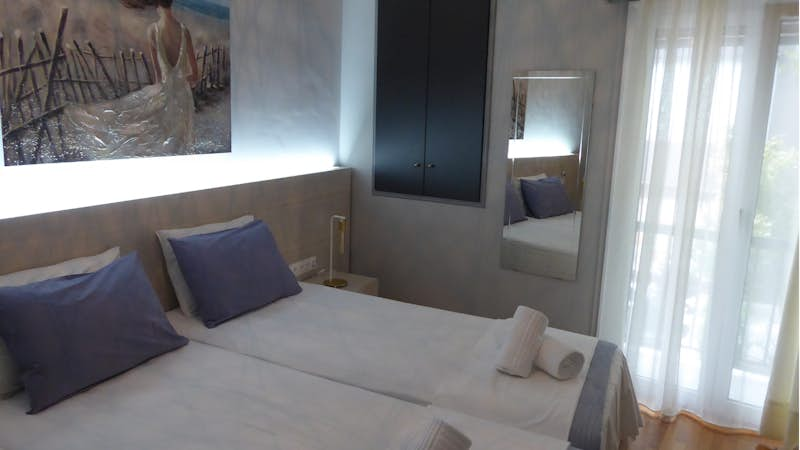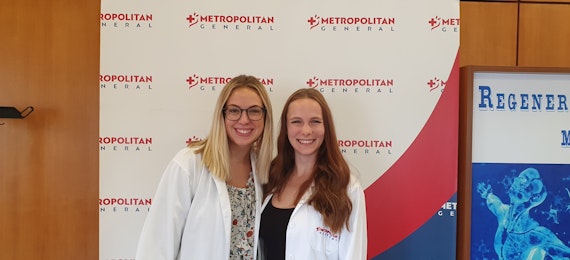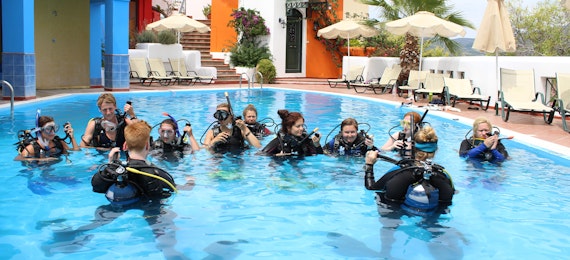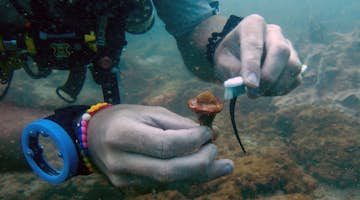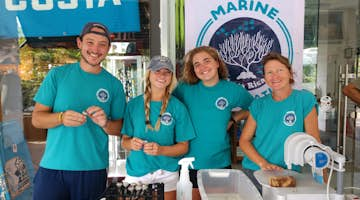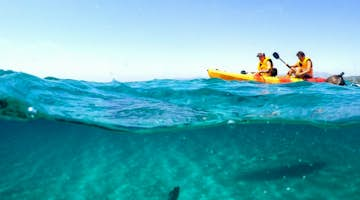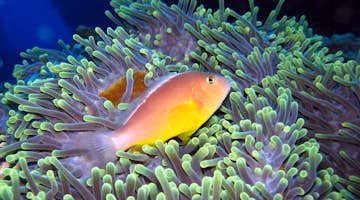
Aquaculture & Fisheries Internships: Intern abroad in Greece
Aquaculture & Fisheries interns collaborate closely with researchers on innovative projects, contributing to groundbreaking solutions in the field. Learn how innovations can contribute to sustainable aquaculture practices, promoting environmental conservation, while supporting global food security. Gain experience related to research equipment and modern scientific methodologies and build your network with scientists, researchers, and industry professionals.
What to expect from your Aquaculture & Fisheries internship:
- Immerse yourself in real-world scientific studies.
- Support innovative, impactful projects in the aquaculture and fisheries sectors.
- Build valuable connections with researchers and industry experts.
Your internship abroad host organization:
- Aquaculture & Fisheries Research Centre
Internship details
Embark on an exciting journey of advanced research in aquaculture, fisheries, and marine ecosystems through this immersive internship. Tailored for students and graduates in marine biology, environmental sciences, aquaculture, and related disciplines, this Aquaculture & Fisheries internship provides valuable experience with pioneering research methods and aquatic system designs.
This is an in-country internship, with accommodation included. You can explore remote internships, if you are looking for an internship program that you can undertake at home.
Aquaculture & Fisheries internships are hosted through an Aquaculture & Fisheries Research Centre, located in Messolonghi, western Greece (approximately 3 hours drive from Athens). The name “Messolonghi” describes the picturesque village located “between the lakes”. While fisheries define the local economy, the region has an abundance of natural beauty and historical attractions to explore. The Aquaculture & Fisheries Research Centre provides interns with a world-class opportunity to collaborate with top-tier researchers and industry experts. Come prepared to enhance your knowledge of aquatic ecosystems and the future of sustainable fishery practices.
Aquaculture & Fisheries interns gain experience across a wide range of fields, from designing innovative aquarium systems to advancing aquatic animal nutrition and exploring the potential of aquaponics. Key research areas can include (but are not limited to):
- Aquarium Design & Water Management: Aquarium construction, water quality management, and filtration efficiency.
- Aquatic Animal Research: Growth, breeding, farming practices, and health monitoring for ornamental and commercial species.
- Nutrition & Feed Technology: Fish and prawn feeding practices, feed formulations, and nutritional analysis for efficiency.
- Aquaponics & Sustainable Systems: Nutrient removal, water quality, and fish waste conversion in aquaponic systems.
- Abiotic Environmental Monitoring: Water chemistry and nutrients using advanced testing methods.
- Histology & Microbiota Research: Tissue samples and microbiota correlations with environmental factors.
By diving into the science of aquaculture and fisheries, interns will not only deepen their understanding but become more empowered to lead the way in the field. Equipped with hands-on expertise and a forward-thinking mindset, you’ll come away primed to drive innovation in research, paving the way for a thrilling career that plays a crucial role in safeguarding the health and sustainability of our oceans and aquatic ecosystems.
In all cases, interns should expect that the first week of your experience will focus on settling in and gaining some introductory knowledge, as you will not “hit the ground running”. Rather, you should start with learning about the placement to gain an understanding of what you can build upon, develop, learn, and contribute. Ensure that you ask questions and provide feedback during the introductory period, so that your supervisor understands how you’re progressing. This will help them to better understand important details, such as how quickly you learn, what you find challenging, what you find interesting, etc.
Typical Schedule
-
Monday to Friday, up to 8 hours per day
What are the career benefits of interning abroad as a Aquaculture & Fisheries Intern?
Aquaculture & Fisheries interns learn from a qualified and experienced supervisor, and can be involved in:
-
Management and design projects.
-
Research and sustainability initiatives.
-
Environmental monitoring.
-
Sample testing.
-
Conservation efforts.
Professional development opportunities:
-
Immerse yourself in real-world scientific studies, acquiring valuable hands-on skills in laboratory techniques and fieldwork.
-
Collaborate with a multidisciplinary team of international professionals.
-
Learn about the latest tools and technology in areas like water analysis, histology, aquaponics, and nutritional research.
-
Strengthen your professional abilities through experience in data analysis, research methodology, and crafting scientific reports.
-
Gain practical skills and boost your employability, with guidance from Intern Abroad HQ’s Experiential Learning Curriculum to support your learning and cultural intelligence.
Are you eligible for this internship?
Submit a free application so we can confirm your eligibility and check availability for your preferred dates.
Not sure which program to join?
Greece photo gallery
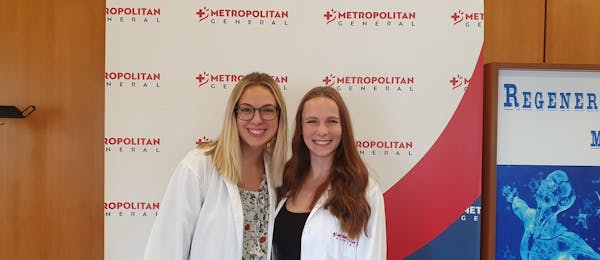
Academic credit available for all internships
Get course credit from your college or university while completing your internship abroad or a remote internship program. It's a great way to meet your academic requirements and gain valuable experience at the same time.
Learn about course creditProgram fees
Applying for our Aquaculture & Fisheries Internship is completely free! The support package covers the assistance we provide in finding your internship and arranging your living accommodations in your host country, ensuring you thrive during your program.
Please note that a deposit of US$499 is required to confirm your place. The remaining balance (minus your initial US$499 deposit) is due at least 60 days before your internship start date.
Duration |
Program Fee |
|---|---|
| 4 weeks | $3,534 Equivalent to $126 /day |
| 5 weeks | $3,964 Equivalent to $113 /day |
| 6 weeks | $4,389 Equivalent to $104 /day |
| 8 weeks | $5,179 Equivalent to $92 /day |
| 10 weeks | $5,904 Equivalent to $84 /day |
| 12 weeks | $6,294 Equivalent to $74 /day |
- Airport pick-up
- Accommodation
- 24/7 in-country support
- Program orientation
- Dedicated support before, during, and after your internship
- In-country guidance for social and tourist activities
- Sourcing and securing your internship placement
- Personalization of your internship plan
- Coaching from your supervisor
- Documented portfolio of your experiential learnings
- Academic credit facilitation
- International reference letter
- Certificate of Internship Completion
- All meals
- All in-country transportation
- Transfer back to the airport at the end of your internship program
- US$400 refundable accommodation security bond
- Visa (if required), flights, travel insurance (mandatory), vaccinations, criminal background check
- Personal spending money for snacks, drinks, public transport, laundry, and leisure activities during your free time.
Popular add-ons & experiences in Athens
Take your internship to the next level with Intern Abroad HQ's affordable activity and tour add-ons in Athens! Explore your options below and learn how to book them once you've been accepted onto an internship program.

A Culinary Journey Through Athens

Sail into the Saronic Gulf, stopping at three of the most picturesque islands - Hydra, Poros & Aegina.

Taste Your Way Through Athens!
Activities and tourism
The municipality of Messolonghi, where the Aquaculture & Fisheries internship is based, has a population of about 13,000 people. The area is considered a “Sacred Town of immortal heroes” so history enthusiasts can enjoy various museums, landmarks, gardens, historical architecture, and local festivals.
During your free time, interns can explore the vast Messolonghi Lagoon, a prime spot for birdwatching and peaceful boat rides, or wander through the charming town center, with its traditional architecture and local markets.
The Souliotissa Monastery, located just outside the town, provides stunning views and insight into the region’s religious history. A visit to the Messolonghi Monument commemorates the town’s role in the Greek War of Independence, while the Archaeological Museum showcases artifacts from ancient Greece and the Byzantine era.
For relaxation, visitors can head to nearby beaches along the Ionian Sea, and the Garden of Heroes offers a tranquil spot to reflect on the sacrifices made during Greece’s fight for freedom. Local tavernas serve traditional dishes, including fresh seafood and the region’s specialty, salted fish. Messolonghi is a perfect destination for those seeking a mix of history, nature, and authentic Greek culture.
For those eager to venture further, the nearby port of Patras (just an hour away by bus) offers access to the Ionian Islands. You won’t want to miss visiting the island of Etoliko (“Little Venice of Greece”) or the beautiful lagoon churches, built by early fishermen.
Arrival and Orientation
Aquaculture & Fisheries internships begin every Monday. Exceptions may be made to this when start dates are shifted to avoid public holiday disruptions or closed when the program has already reached capacity. Interns may choose to spend a minimum of 4 weeks, up to a maximum of 12 weeks.
Accommodation is included in the Program Fee. The accommodation is covered from the Sunday night before the Monday start date - interns are required to arrive no later than the Sunday before their Monday start date, as all orientations are held on Mondays.
The typical port of entry is the Athens International Airport Eleftherios Venizelos (ATH). After arriving at the airport, interns will be met and transported to the Athens regional bus station. From here, transportation via bus will be arranged to the town of Messolonghi, where the internship is based. The bus fare for this trip will be pre-paid, as included in the internship Program Fee. The journey takes approximately 4-5 hours.
Buses depart daily from Athens Regional Bus station at 08:00am, 11:00am, 14:30pm, and 17:00pm. Interns will need to ensure their flight into the Athens International Airport Eleftherios Venizelos airport arrives in time for them to make their way through customs and to the bus station, in order to make one of these departures.
Upon arrival at Messolonghi, interns will depart the bus and be met by an internship host representative, who will escort them to their accommodation for check in.
The last night of the accommodation is the Friday night of the final week, leaving interns free to depart on Saturday. Return bus tickets to the Athens regional bus station are also included in the Program Fee.
Extra nights of accommodation can be arranged in advance, if requested, and are subject to availability.
Please note that all participants are advised not to book flights until they have first registered to confirm their internship placement.
Check what's required to visit Greece
Check out the widget below to learn about the visa requirements for the Aquaculture & Fisheries internship in Greece, based on your country of residence.
Accommodation and WiFi
Aquaculture & Fisheries interns are accommodated in clean and comfortable, furnished apartments. Bedding and furnishings are provided, as well as common areas such as lounge, kitchen and laundry facilities. Standard amenities include whiteware (i.e. washing machine, stovetop, fridge, microwave) and clean linen (i.e. bed sheets, pillows, towels). Accommodation does not always include WiFi (or the WiFi may be slower than what you’re used to at home). All interns are encouraged to purchase a local sim to ensure they have sufficient access to the internet.
In most cases, between two to five guests can be accommodated per apartment, so interns should be prepared to share living arrangements. Participation numbers vary throughout the year, so the number of guests within shared accommodation varies. However, each guest will have a single or double bed. Rooming arrangements are same-sex, however the apartments themselves may be mixed gender. If you are interning alongside a friend, please let us know and we can aim to ensure you’re accommodated together (subject to availability).
Cleaning is provided ahead of a new occupants arrival. Outside of this, occupants are responsible for respecting common areas, keeping them clean, tidy and comfortable for all guests. Laundry facilities are also available within the accommodation.
Interns will commute via bus from their accommodation to their placement each day. Commute time is roughly 10 minutes.
It is important to note that an accommodation bond will be requested from the accommodation provider. The cost of the bond is US$400, so you must budget for this. However, this bond is fully refundable to you, upon your departure, provided that inspection has been completed to confirm that you have not caused damage to the property.
Please note that the accommodation pictured in the photo gallery of this webpage is provided as an example. Since we work with more than one apartment, the exact accommodation that you’re assigned may differ from the photos. However, you can expect a similar standard and similar amenities, to what is shown here.
Meals
Aquaculture & Fisheries internships do not include meals, as affordable supermarkets are easily accessible and accommodation has kitchen facilities. Greece has a thriving coffee culture which is delightful to partake in (there is also WiFi in almost all coffee shops and restaurants). Try Ellinikos (a favorite style of coffee) along with Freddo Espresso / Cappucino and Frappe.
For eating out, interns may budget approximately 3 - 5 Euro for a light breakfast (about US$5 - 7) and 5 - 10 Euro for a simple lunch (about US$5 - 12). There are ample dining options ranging from budget to high end. Greek cuisine offers a range of incredible dishes to experience, including well known classics such as Moussaka and Souvlaki. The Mediterranean diet features meat (cow, chicken, lamb), pasta, rice, pulses, vegetables, and a variety of fish and seafood. When in doubt, skip straight to dessert and order Galaktoboureko (with ice cream)!
Keep in mind that personal budgets for food and meals can vary enormously, according to individual spending habits and lifestyle choices.
Essential country information
| Capital | Athens |
| Population | 10.75 million |
| Languages | Greek |
| Currency | Euro (€ - EUR) |
| Time zone | UTC+02:00 |
Weather and climate:
With its Mediterranean climate, Athens is one of the warmest capital cities in Europe. The summers are long, hot and dry and the winters are mild. The best time to visit Athens for the hot weather is from mid June to mid September. The hottest month is July, in which the temperature may peak around 92°F / 33°C. Heatwaves in Greece may occur but they are usually not prolonged (that coast moderates temperatures with coastal breezes). The cooler months are November through March. During this period, it rarely gets any colder than 42°F / 5°C in Athens (February is the coldest month). Rainfall in Greece varies throughout the year, although the summer months are drier in comparison. December is usually the wettest month of the year. Outside of Athens, the climate of Greece remains primarily Mediterranean. However, due to its mountainous regions, there is a range of microclimates and local variations. Snow regularly falls in the high mountains.
